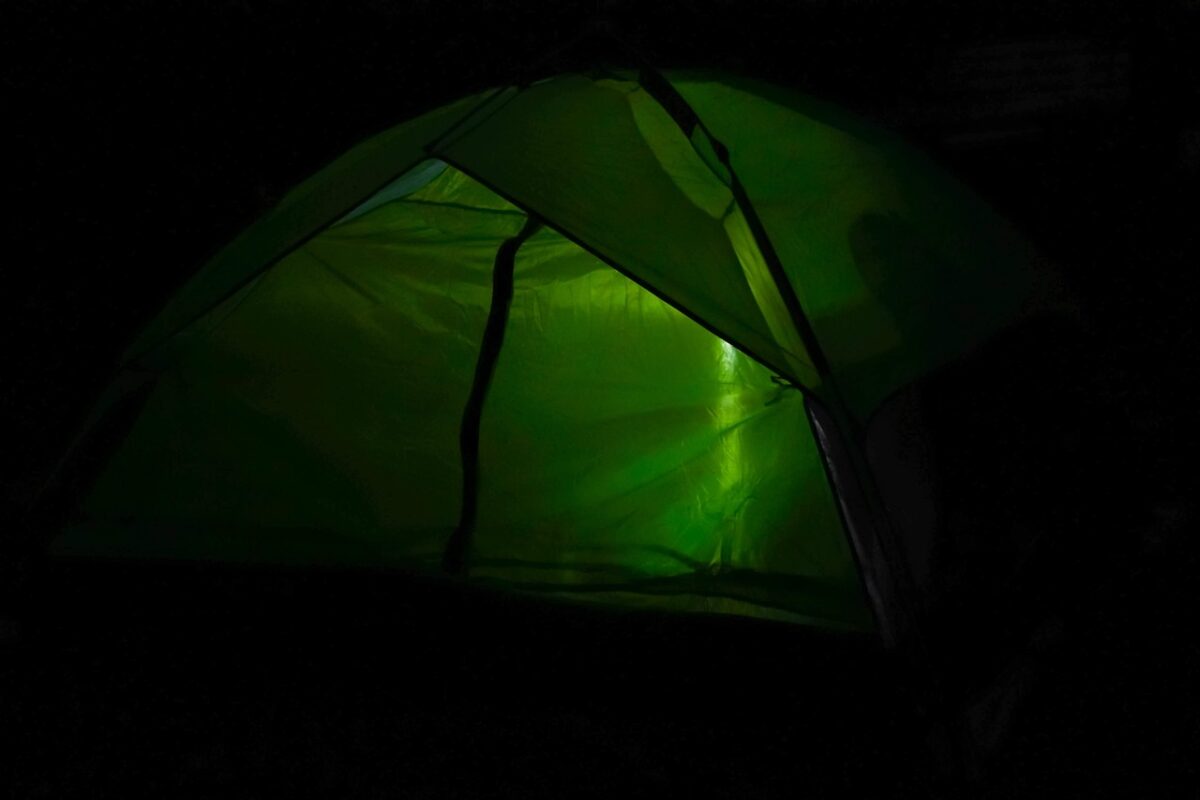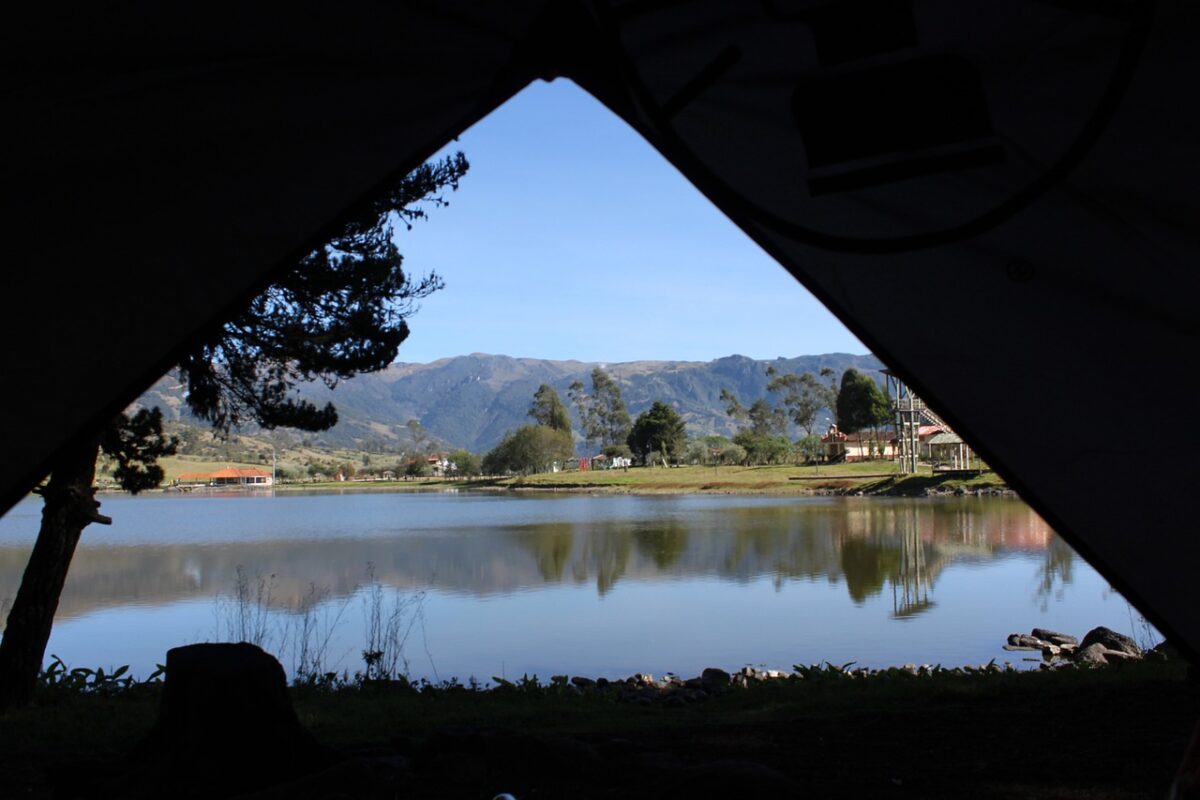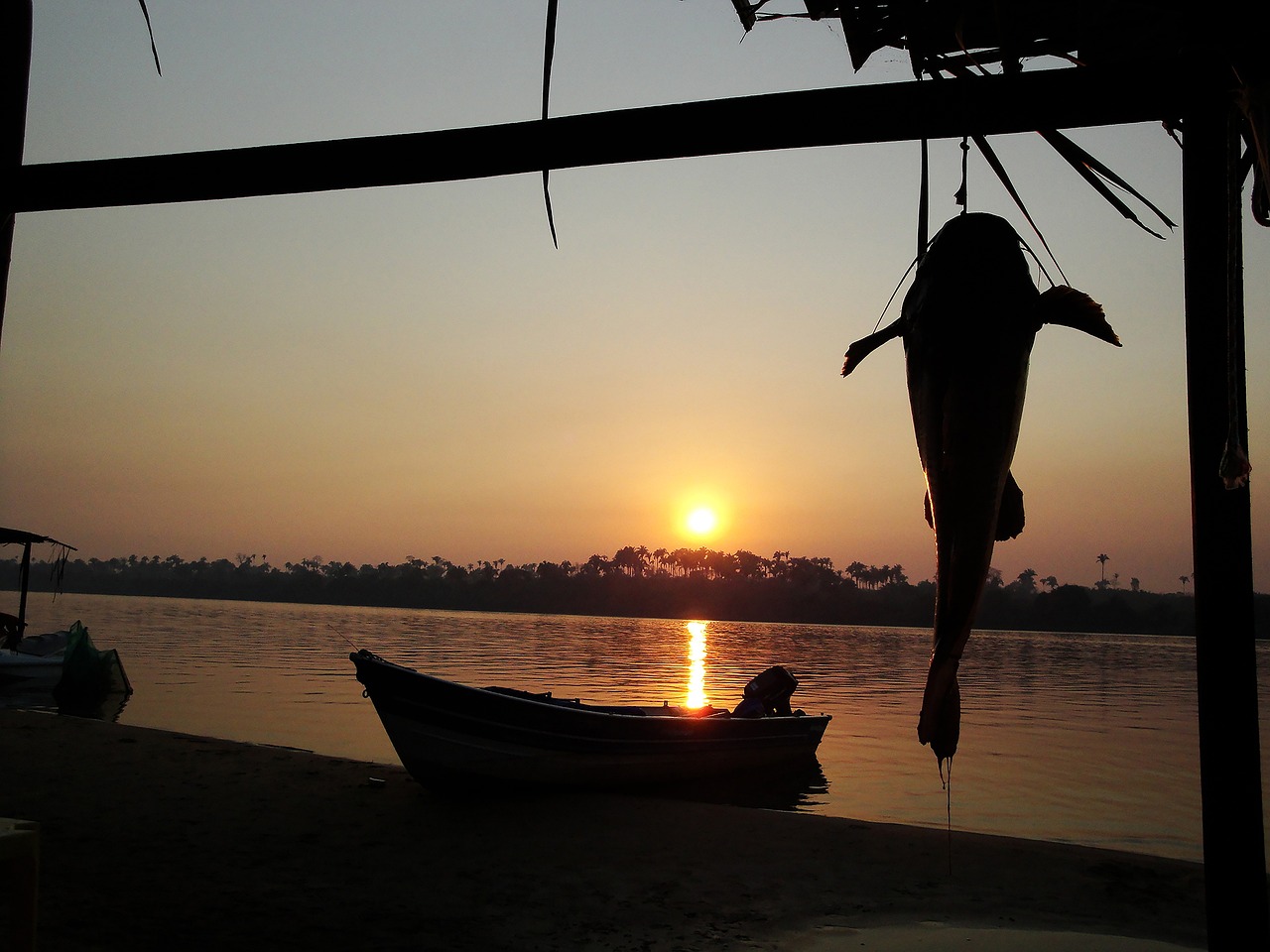Embarking on a boat camping adventure can be an exhilarating experience. The gentle waves, the crisp air, and the possibility of discoveries give boat camping an undeniable appeal. Among the essentials to make this experience truly memorable is a boat camping tent. This guide aims to navigate you through the sea of options available, highlighting the must-have features and the pros and cons of different types of boat camping tents.
Understanding Materials of Boat Camping Tents
Not all tents are made equally – the materials they are crafted from can significantly impact their durability, UV resistance, and total weight. The two most common materials used in tent construction are polyester and nylon.
Polyester exhibits excellent UV resistance and durability, which reduces the likelihood of tents degrading during prolonged exposure to sunlight. Conversely, nylon is celebrated for its lightweight nature and high flexibility, making it ideal for minimizing weight during transport and providing more forgiving storage choices.
An essential feature that you should not neglect is the waterproofing of the tent. Most quality tents come with a rainfly – a separate waterproof cover designed to fit over the roof of your tent. Look also for the waterproof rating to ensure that your shelter can withstand rain if you get caught in unfortunate weather.
Exploring Tent Styles for Boat Camping
Two primary tent styles have caught the admiration of boat campers worldwide – pop-up tents and dome tents.
Pop-up tents, for their sheer convenience, win favor. You only need to remove them from their bag, and they spring up instantly, perfectly set for your quick stops. However, the downside lies in their lack of stability in windy conditions.
Dome tents are preferred for their aerodynamic circular design, offering better wind resistance and more standing room. Though they need a bit more time and effort to pitch compared to their pop-up counterparts, these tents present a worthwhile choice for their overall robustness and stability.

Choosing a Tent: Key Factors to Consider
Several factors should steer your tent-buying decision to ensure your selection suits your adventure needs.
Size
The first rule of thumb is never to skimp on size. Choose a tent that’s a size larger than your current needs. It will allow comfortable movement inside the tent and provide adequate storage space for all your camping gear.
Durability
Durability is a core feature. Bear in mind that your tent may often face the wrath of unpredictable weather. Opt for durable materials, sturdy tent poles, and high-quality zippers to prolong the life of your investment.
Ease of Setup
A quick and easy-to-set-up tent could be your best friend in unfavorable weather conditions. Always choose a tent that doesn’t challenge your skills or patience during setup – the quicker you can get it up and secure, the better.
Season Rating
Tents are also classified according to the seasons they are suitable for. A good boat camping tent should ideally be 3-season suitable, withstanding spring, summer, and fall weather conditions.
Tent Assembly and Disassembly Tips
No matter how friendly your tent claims to be, always practice setting it up and taking it down before you embark on your trip. It could save you a remarkable amount of time and trouble.
Caring for Your Boat Camping Tent
Taking good care of your boat camping tent can protect and prolong its lifespan. Always ensure your tent is thoroughly dry before packing it up to prevent mildew and mold growth. Regularly inspect your tent for any signs of wear and tear – small repairs done in time can save you considerable discomfort later.
Frequently Asked Questions about camping in tents on boats

Can you put a tent on a boat?
Yes, you can put a tent on a boat, provided that the boat has a stable, flat surface for tent setup and there is enough space for the tent to safely fit without obstructing movement or any essential boat functions. Some pontoon boats or cabin cruisers have spacious decks suitable for setting up tents. Ensure that the tent is securely anchored to the boat to avoid accidents or damage in windy or unfavorable conditions.
What is the best boat for boat camping?
The best boat for boat camping depends on your personal preferences, budget, and camping requirements, but some popular options include:
- Pontoon boats, offer ample deck space and stability for setting up tents and gear and are ideal for calm waters such as lakes and rivers.
- Cabin cruisers, have built-in sleeping quarters, making them a comfortable choice for longer trips.
- Sailboats, are suitable for coastal cruising and can provide a unique experience combining sailing and camping.
- Houseboats, offer the comforts of a cabin while allowing you to explore the waterways.
What is a camping tent called?
A regular camping tent is typically called a “tent” or “camping tent.” Various types of camping tents are available, such as dome tents, pop-up tents, and backpacking tents. The terms used vary according to the tent’s construction, usage, and the activity for which the tent is designed.
What is a trekking tent called?
A trekking tent, designed specifically for backpackers and long-distance hikers, is commonly called a “backpacking tent” or “trekking tent.” These tents are lightweight, compact, and easy to set up, prioritizing portability and adaptability to different terrains and weather conditions experienced during trekking or backpacking adventures.
Choosing the right tent for your boat camping tents is a balance of assessing material, style, size, durability, ease of setup, and maintenance needs. Being mindful of these factors will ensure you’re well-prepared for your adventure on the open water.
Happy sailing and camping!
